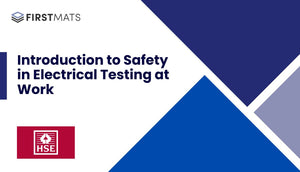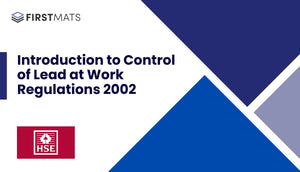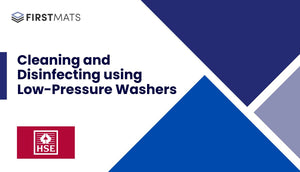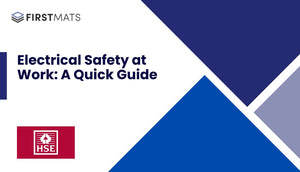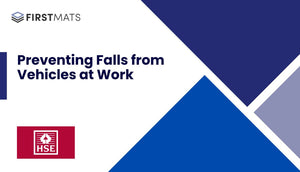Article Index:
Introduction
In this article, we will be providing a quick guide to the Reporting of Injuries, Diseases and Dangerous Occurrences Regulations 2013 (RIDDOR) as detailed in the Health and Safety Executive (HSE) document INDG453(rev1). The HSE is a UK government agency responsible for regulating and enforcing workplace health, safety and welfare.
What is RIDDOR?
RIDDOR is a UK law that requires employers and people in control of work premises to report and keep records of certain work-related accidents, diseases and dangerous occurrences. These include:
- Work-related accidents which cause death or certain serious injuries;
- Diagnosed cases of certain industrial diseases; and
- Certain ‘dangerous occurrences’ (incidents with the potential to cause harm).
RIDDOR 2013 Changes
From 1 October 2013, RIDDOR 2013 introduced significant changes to the existing reporting requirements. These changes were primarily aimed at simplifying the reporting process. The main changes include:
- The classification of ‘major injuries’ to workers being replaced with a shorter list of ‘specified injuries’;
- The previous list of 47 types of industrial disease being replaced with eight categories of reportable work-related illness;
- Fewer types of dangerous occurrence requiring reporting.
Why Report?
Reporting certain incidents is a legal requirement. The report informs the enforcing authorities (HSE, local authorities and the Office for Rail Regulation (ORR)) about deaths, injuries, occupational diseases and dangerous occurrences. This allows them to identify where and how risks arise, and whether they need to be investigated. The information also helps the enforcing authorities to target their work and provide advice about how to avoid work-related deaths, injuries, ill health and accidental loss.
What Must Be Reported?
Not all accidents need to be reported. A RIDDOR report is required only when the accident is work-related and it results in an injury of a type which is reportable. The types of reportable injuries include deaths, specified injuries to workers, over-seven-day injuries to workers, injuries to non-workers, reportable occupational diseases, reportable dangerous occurrences and reportable gas incidents.
How to Report
Incidents can be reported online through the HSE website or by telephone for fatal and specified injuries only. HSE also has an out-of-hours duty officer for reporting serious incidents.
Conclusion
This article provides a quick guide to the HSE document INDG453(rev1) detailing the Reporting of Injuries, Diseases and Dangerous Occurrences Regulations 2013 (RIDDOR). It is important for employers and people in control of work premises to understand these regulations and report incidents as required by law. This contributes to the overall safety of the workplace and helps in identifying and mitigating risks.


